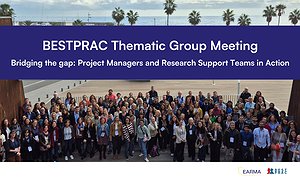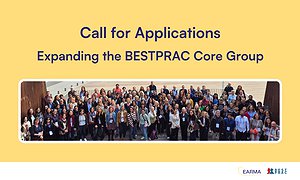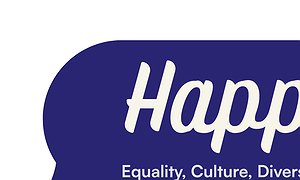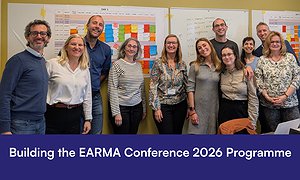As part of the EARMA Mentorship Programme, mentor Cristina Oliveira (NOVA Information Management School, Lisbon) and mentee Joanna Höfinghoff (University for Continuing Education Krems) reflected on their shared journey.
In the text below, they recount their experience in their own words: a story of collaboration, growth, and connection across borders.
______________________________________________________________________________
When we began our mentorship through the EARMA Mentorship Programme, we didn’t fully know where the conversations would lead. What started as regular meetings between two research managers – Cristina Oliveira from NOVA Information Management School (NOVA IMS) in Lisbon, and Joanna Höfinghoff from the University for Continuing Education Krems – soon evolved into a dynamic exchange of ideas, experiences, and perspectives on how to make research management more strategic, collaborative, and human.
Our conversations unfolded around the many dimensions of research management: how to improve internal processes, how to strengthen communication across teams, and how to use soft skills to navigate the complex web of relationships within higher education institutions. We talked about the art of exercising lateral leadership – leading through influence rather than authority – and about how empathy and active listening can often achieve more than formal structures.
Beyond institutional topics, our mentorship also became a reflective space for Joanna’s personal and professional development. Joanna is currently pursuing an MBA and conducting a research project titled “Knowledge Management Competences for Research Managers in Higher Education Institutions.” The project explores how research managers can act as knowledge brokers and facilitators of organizational learning, and how these competences align with the European Research Management Competence Framework. Cristina contributed by reviewing Joanna’s research plans, sharing insights on methodology, and connecting her with peers conducting research in the field of research management. These exchanges helped refine Joanna’s survey and extend its visibility within the professional community.
A turning point in our mentorship came in July 2025, when Joanna visited NOVA IMS through an Erasmus+ Staff Exchange. The visit transformed our virtual conversations into lived collaboration. Over five days, we explored how NOVA IMS structures its research and innovation support services, from project management to open science, and how digital tools are shaping institutional strategies for efficiency and transparency. We also explored our institutional strategies on digital transformation – a shared interest between NOVA IMS’s MagIC research center and Krems’ Center for E-Governance.
Outside the meeting rooms, our conversations continued – during walks across the NOVA campus, over coffee, and even along the Lisbon coastline. Those informal moments were as important as the structured sessions: they allowed us to pause, reflect, and see how much of what we do as research managers is built on trust, openness, and the ability to learn from each other.
Looking back, this mentorship has been more than a transfer of experience. It has been a reciprocal process of learning – a dialogue that deepened our understanding of the profession and reminded us that growth often happens at the intersection of different perspectives. It also showed how mentorship can serve as a bridge between institutions and cultures, opening pathways for collaboration that extend beyond the programme itself.
And perhaps most importantly, it reaffirmed that professional development doesn’t always happen in a classroom or a training session. Sometimes, it happens in conversation – structured, spontaneous, and ongoing – between two professionals walking by the sea, imagining what research management might become if we keep building these bridges together.

 All news
All news



